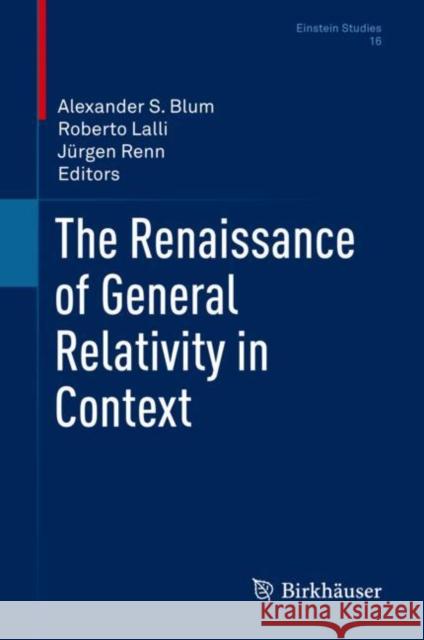The Renaissance of General Relativity in Context » książka
topmenu
The Renaissance of General Relativity in Context
ISBN-13: 9783030507534 / Angielski / Twarda / 2020 / 406 str.
The Renaissance of General Relativity in Context
ISBN-13: 9783030507534 / Angielski / Twarda / 2020 / 406 str.
cena 562,23
(netto: 535,46 VAT: 5%)
Najniższa cena z 30 dni: 501,19
(netto: 535,46 VAT: 5%)
Najniższa cena z 30 dni: 501,19
Termin realizacji zamówienia:
ok. 22 dni roboczych.
ok. 22 dni roboczych.
Darmowa dostawa!
Kategorie:
Kategorie BISAC:
Wydawca:
Birkhauser
Seria wydawnicza:
Język:
Angielski
ISBN-13:
9783030507534
Rok wydania:
2020
Wydanie:
2020
Numer serii:
000007294
Ilość stron:
406
Waga:
0.75 kg
Wymiary:
23.39 x 15.6 x 2.39
Oprawa:
Twarda
Wolumenów:
01
Dodatkowe informacje:
Wydanie ilustrowane











